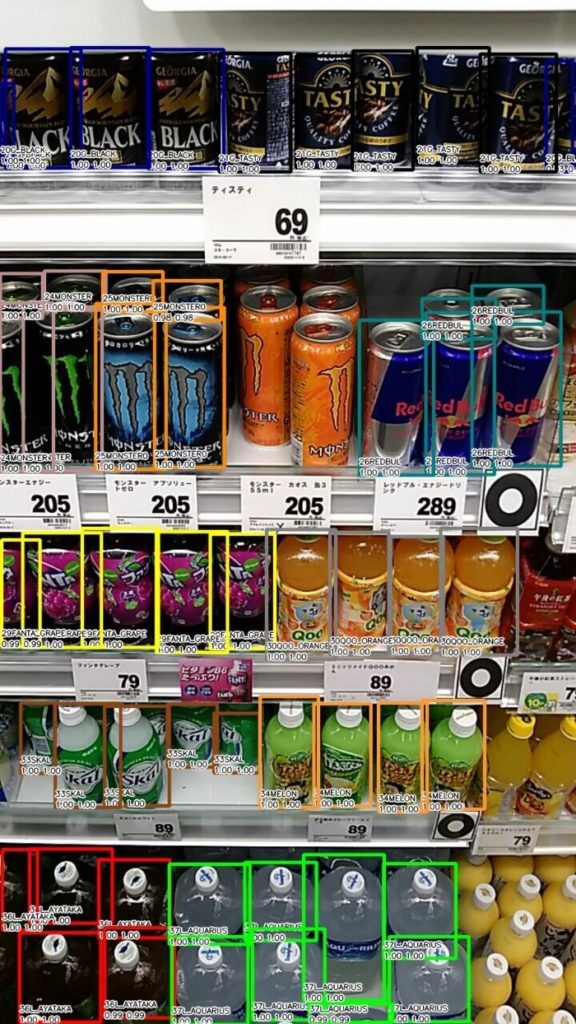Trial Company: Future of Ret-AI-l store
Smart ret-AI-l store can be the future of the retail stores.
A pioneer of smart store in Japan
Trial company operates more than 230 supermarket stores in Japan with $4.4 billion annual revenue.[1] The company has believed that AI and data analytics would soon become a key competitive factors in retail sector and has invested strategically in the area. It has a group company called Retail AI, which has developed technologies that enable the firm to operate smart store and disrupt the sector. In 2018, Trial opened the first smart store in Japan.
Value creation and capture

The smart store create several values and Trial can capture many of those.
First, the smart store’s dynamic pricing can bring higher profit to Trial. Each product in the store has an electronic price tag and it can change the price flexibly. Analyzing the demand and supply data collected not only from the store itself but also from other 200 stores in Trial’s network and competitors, the system can calculate an optimized price and maximize a profit.
Second, the smart store can reduce stock outs and minimize the sales opportunity losses. Over 200 units of AI cameras in the store capture stock situation on the shelves and feed the information into its inventory system. With this, the store would be able to replenish the inventory swiftly.

The AI cameras and data analytics can also increase revenue by capturing the customer behaviors in the store which cannot be captured through the conventional POS system. The cameras capture customer’s demographic information such as age and gender as well as their journey in the store. Analyzing these data through a deep learning system, the store gets many insights. For example, the company can have better understanding on the least sold products by understanding whether no customers cared the products, or someone put them in the shopping cart but put them back in the shelf. Also, this data analytics help Trial optimize customers flow in the store by changing product locations based on the traffics of each product.
Forth, transactions in the smart store can be realized through either a mobile phone or a tablet attached to a shopping cart. This cashier-less transaction would bring several benefits. By eliminating waiting lines for the cashiers, the store can increase customer satisfaction since waiting in a line is one of the biggest customer’s pain in their store experience. Another benefit comes from a cost reduction by reducing a labor in the cashiers. According to the Trial’s assumption, by eliminating workers in shopping area, the store can save 40% of total operation cost. This operation which requires less labor will fit the Japanese aging society with low birthrate in the long run.

Fifth, the smart store can effectively deploy in-store target marketing. The tablet attached to the shopping cart can show related items based on items in the cart, customer’s demographic data, and location in the store. This would not only increase the store sales but also provide it with an opportunity to earn advertising fee from suppliers.
Challenges
First, although Trial deploys many AI cameras and sensors in its shopping areas and carts on top of the surveillance cameras, the store still attaches IC tags to each product to avoid shoplifting and the cost of tags makes the smart store difficult to scale. While the company believes the improvement of AI camera quality would eliminate the use of IC tags in the future, it is uncertain yet the timeline of the technology development.
Second, the customer reaction to the smart store is somewhat mixed because the leap that the smart store took from a conventional model confused some customers. For example, while an elimination of waiting in a line would increase a customer satisfaction of tech savvy demographics, some customers have difficulties with self-transactions through a mobile phone or tablet.
Potential Solutions
A potential solution to the first challenge mentioned above is a partnership with Amazon. Although Trial has successfully developed the AI and business analytics capability in-house so far, the company needs to further improve them to operate the smart store profitably and scale. Amazon seemingly has developed the smart store technologies with a similar concept to Trial but they seem more advanced as it operates Amazon Go without IC tags. Since Amazon does not have any supermarket footprint in Japan unlike it has Wholefoods in the U.S., Amazon might be interested in Trial’s distribution capability and industry experiences.
Focusing on the best customers is a potential solution to the second challenge. Since the smart store seems disruptive movement and embraces the customer behavior in the future, the company should focus on the customer base who resonates with the value proposition of smart store as long as the estimated market size is attractive. Thus, Trial should not adjust its smart store operation in order to attract a wide range of existing customers but should focus on its best customers.
[1] https://www.trial-net.co.jp/company/outline.html


